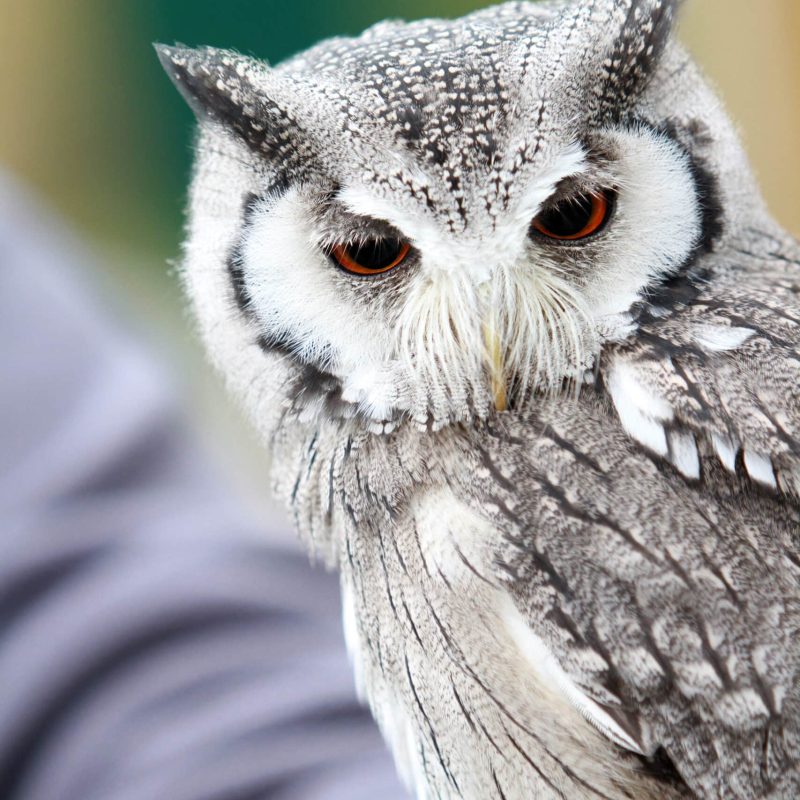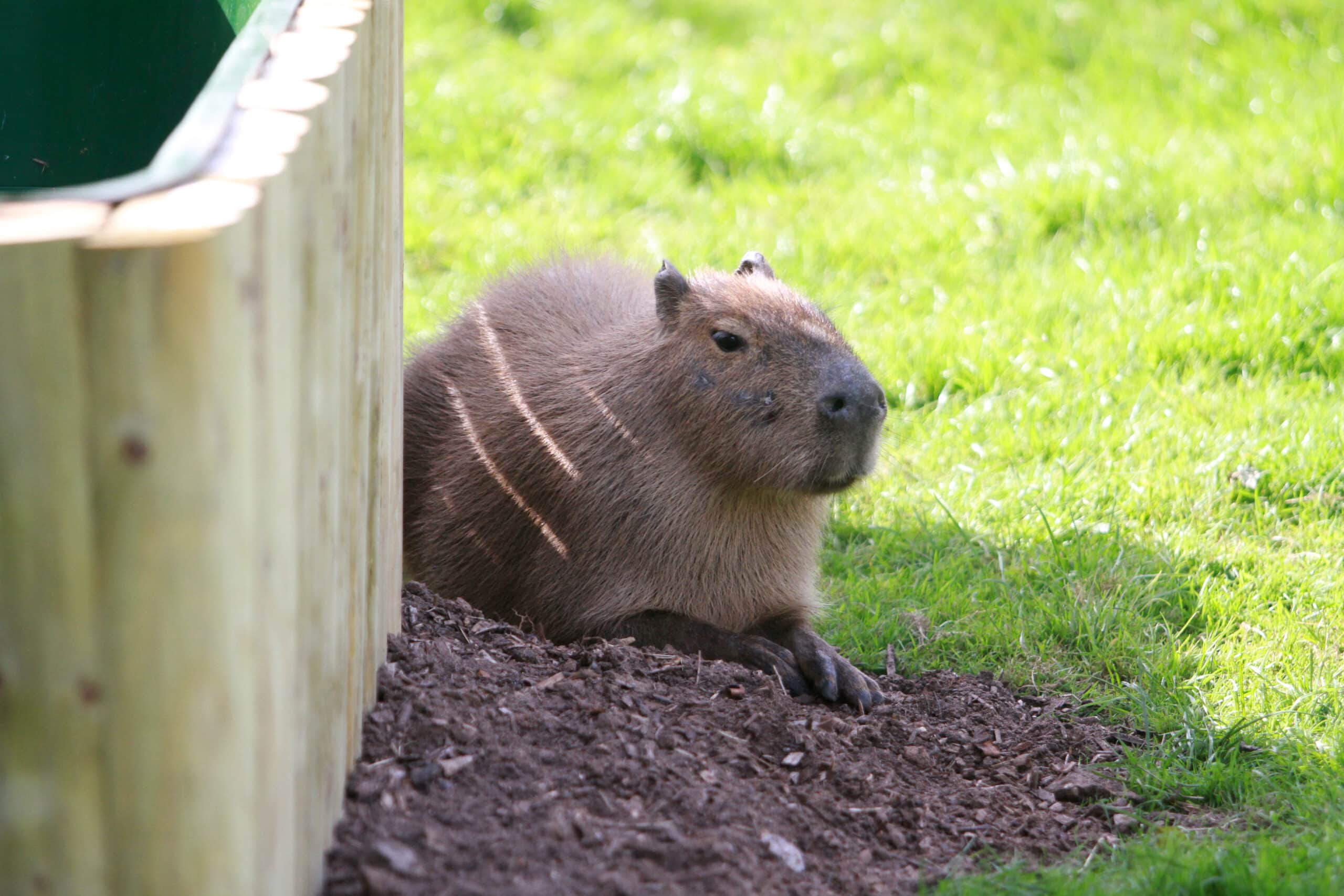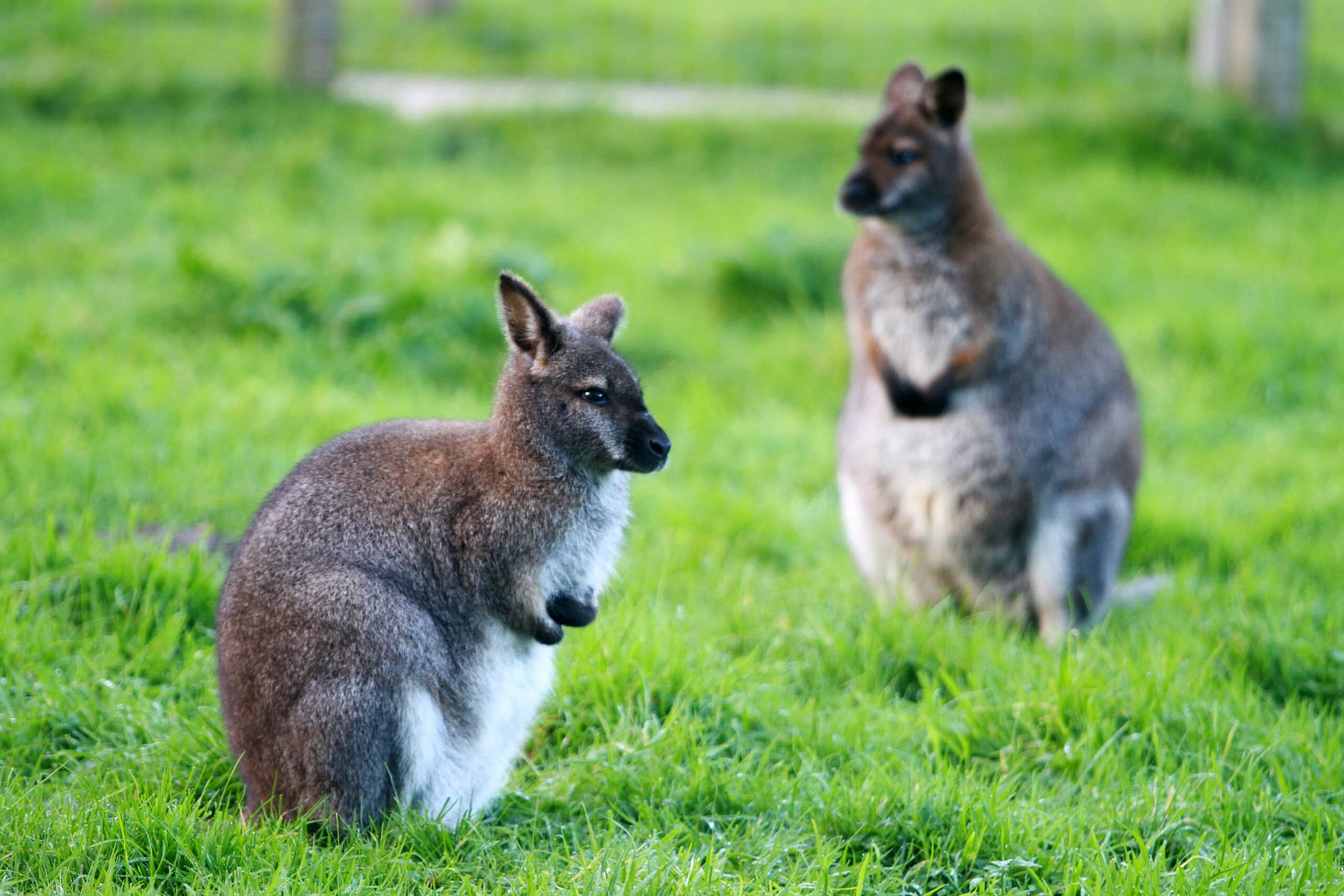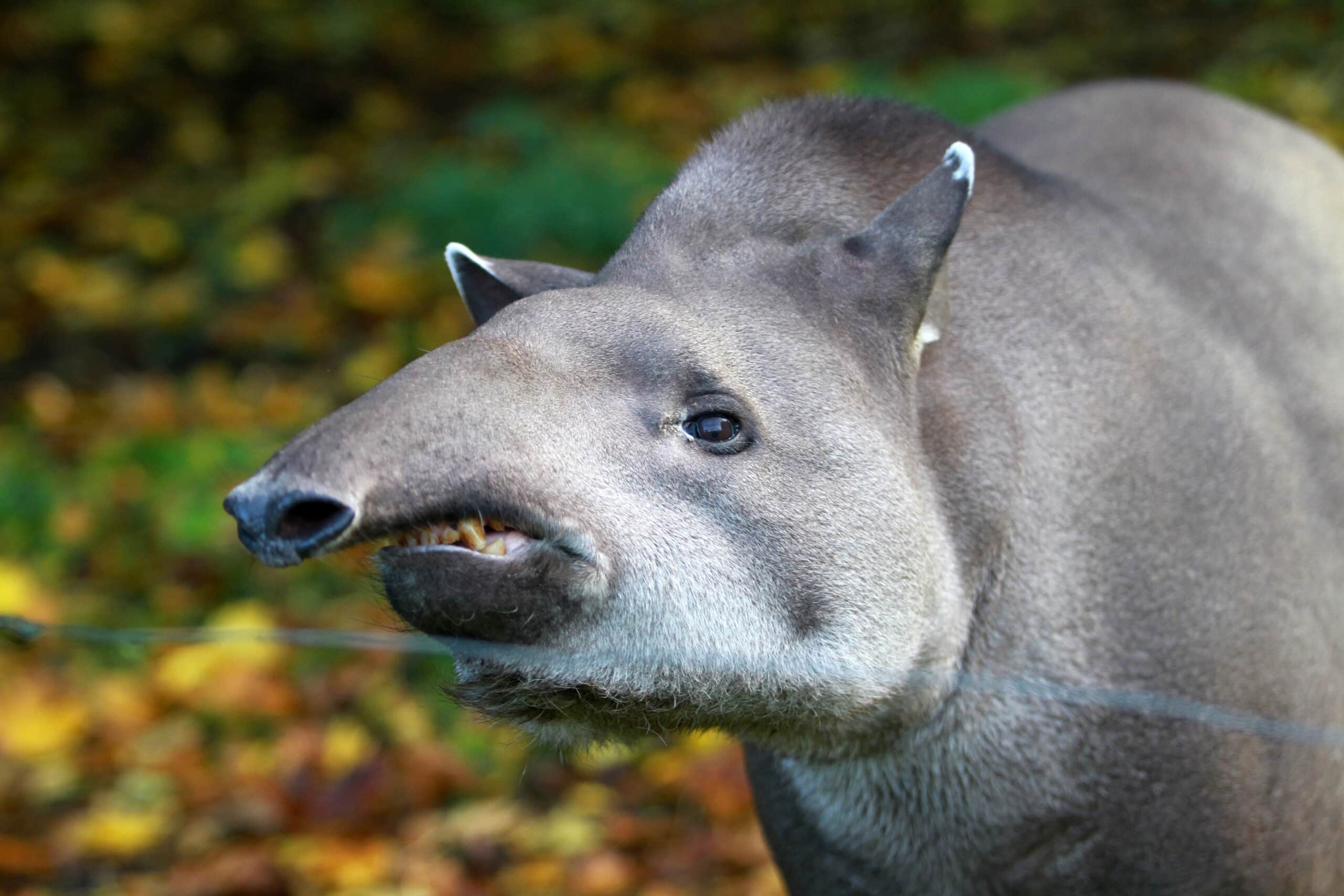Do you want to explore a career in animal management with captive domestic or exotic animals that aspires to the highest standards of welfare and behavioural diversity, but without the commitment of a full degree?
Students studying this one-year full-time course have regular access to the zoo-licensed animal centre facilities at University Centre Reaseheath, which boasts a range of exotic zoo species, in addition to domestic species. Additionally, you can expect an interactive and personable learning experience that draws upon the expertise of our team of industry experienced staff.


As part of this course, you will develop a range of academic and professional skills, related to the behaviour and welfare of captive animals.
Through practical husbandry sessions, ethical debates and behavioural observations, you will gain an appreciation for the goals and challenges of managing animals in a captive environment.
This knowledge can be applied to a diversity of careers, with transferable skills working with animals in large or small-scale collections. You can also use this course as a stepping stone to a Foundation Degree in Animal Management (Behaviour and Welfare), through the completion of another year of study.


This course is aimed at students who wish to develop a career within the animal management industry. Students are provided with a combination of academic study with practical learning opportunities to develop a range of academic and professional skills specific to animal behaviour and welfare science, specifically in the domesticated and exotic captive animal management sector.
Students are expected to study and complete 120 credits of study across 6 mandatory modules, to enable students to graduate with a CertHE. These modules will develop essential knowledge and skills in animal husbandry & handling, animal biology, principles of disease, and animal welfare science. A strong emphasis will also be placed on the development of academic skills throughout modular delivery and via regular tutoring with an assigned course manager. These skills and knowledge will enable you to progress onto foundation degree study or work.
A minimum of 64 UCAS points from one of, or a combination of, the qualifications below, ideally in a science-based or relevant subject:
Please note: we accept a maximum of 20 UCAS points from GCE AS Levels and that the Welsh Baccalaureate (core) and A Level General Studies will be recognised in our offer. We will also consider a combination of A Levels and BTECs/OCRs.
Non-standard entry: applicants aged 21 years of age or over without standard academic qualifications may be able to demonstrate considerable vocational experience and transferable skills. Their applications will be viewed on an individual basis to assess suitability. Any applicant who has not received certification for prior learning experiences, but has worked within the discipline, will also be considered. In some instances, applicants may be asked to attend an interview or complete a written assessment to support their application.
Contextualised Admissions: to support access and participation in Higher Education, University Centre Reaseheath operates a contextualised admissions policy, which allows reduced offers to be made to students with certain characteristics and/or social background. Further information can be found in the UCR Contextualised Admissions Policy, available on the website.
International Students: This course is not accepting applications from students requiring sponsorship for a Student visa. If you do not require sponsorship please contact UCRAdmissions@reaseheath.ac.uk for further information.
Students are expected to study and complete 120 credits which comprises six mandatory modules of study:
Your overall workload consists of class contact hours, independent learning and assessment activity, plus field trips. The following information gives an indication of how much time you will need to allocate to different activities at each year of the course:
Year 1:
30% of your time is spent in timetabled teaching and learning activity
Teaching, Learning and Assessment: 360 hours
Independent Study: 840 hours
Class sizes typically range between 10-30 for modules exclusively delivered on the programme. For those modules offered across several programmes, class size could be as high as 90 individual learners.
Assessments are designed to encourage both academic skills and skills valued in the workplace. They include a combination of coursework and time-restrained assessments.
Coursework may take many forms including essays, reports, data processing, presentations, academic posters, seminar discussions, interviews, critical reviews, portfolios of evidence and practical competency assessments. The timed online assessments vary, depending on the nature of the module, but may take the form of multiple-choice papers, essays, practical assessments, data handling questions and short answer quizzes.
Students will be able to access course timetables for the academic year in September.
Timetables are subject to change, but most students can expect to spend 3-3.5 days per week on campus.
Tuition Fees
As a student at UCR, you will have two main costs to meet; your tuition fees and living costs.
Our full-time tuition fees for UK and EU students, entering University, can be found on our student finance page. These fees are charged for each academic year of a course and are set by the college annually.
Tuition fees for international students can also be found on our student finance page.
Equipment costs
Prices of equipment are subject to change depending on retailer.
Students may also wish to purchase their own personal copies of recommended set-texts to assist them with their studies.
A full list of recommended texts is made available prior to enrolment. However, our campus library boasts sufficient stocks of all major texts to support student learning, frequently in e-book format, and the purchasing of texts is therefore not enforced.
Here you will find useful information about the services and support available at University Centre Reaseheath. Click to expand each item:
University Centre Reaseheath is committed to providing additional financial support to those who need it. To find out about the bursary schemes available visit our additional financial support page.
For students to get the best out of their time at University Centre Reaseheath, we must both recognise that we owe obligations to each other. These obligations are set out in our UCR Student Contract. Before you accept an offer of a place at University Centre Reaseheath, it is important that you read these contract conditions. If you are going to be living in Halls of Residence, you will also need to read the Student Accommodation Licence Conditions. Both of these contracts can be found here.
Click here to view the University Centre Reaseheath Student Protection Plan.
All UCR students are given the opportunity to apply for residential accommodation. First year students are guaranteed accommodation and this offer is made to all applicants who live more than a reasonable daily travelling distance from Reaseheath (providing you have applied before the UCAS equal considerations deadline. For full details on our halls of residence visit our accommodation page.
We have a team of dedicated professionals on hand to offer you support. These include our Student Services Team, Inclusive Learning Team, Library and Learning Resources Team and the Reaseheath Careers Service. You can find more information on the support provided at Reaseheath on our support page.
University Centre Reaseheath is proud to welcome international students. For more information, please visit our international students page.